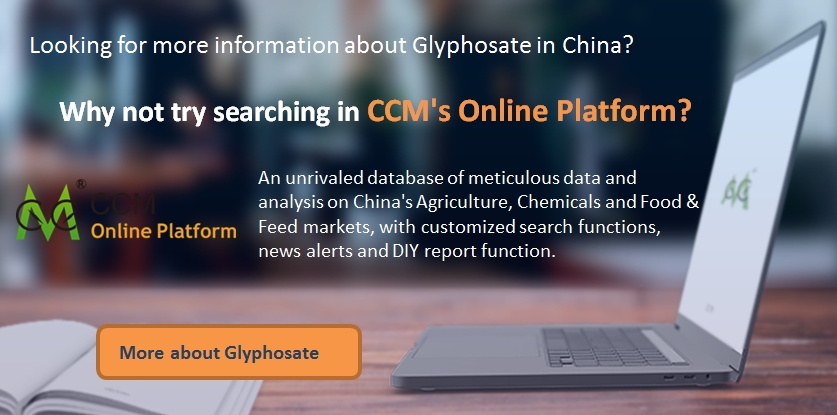Summary: As of Jan., 2022, Beiyuan Group's 120,000 t/a glycine project is still under construction and has not been able to supply glycine so far. The date for official production initiation has not been set. It is not likely that Beiyuan Group can officially commence glycine production and set foot in glycine industry in the short term. But in the long run, Beiyuan Group has advantages in raw materials, power supply, and production technologies, which will help the company advance the glycine project in an accelerated way.
As of Jan., 2022, the 120,000 t/a glycine project of Shaanxi Beiyuan Chemical Industry Group Co., Ltd. (Beiyuan Group) is still under construction and has not been able to supply glycine so far. The date for official production initiation has not been set. Beiyuan Group mainly engages in production and sales of polyvinyl chloride and sodium hydroxide; those two products are also its main products. Over the recent years, Beiyuan Group has been planning to extend its production to the downstream part of industry chain. And the company finalised the plan for glycine project in 2018. Beiyuan Group said that glycine, a product with high additional values, is from the downstream part of chlor-alkali industry chain; the implementation of 120,000 t/a glycine project can help diversify the company's product mix, extend its development in the industry chain, as well as improve its capability for risk resistance and comprehensive strength.
Timeline
-
The Environment Impact Assessment (EIA) report of this project was submitted in 2018.
-
In March, 2019, the project was approved by the local authority, plus the pilot-scale experiment started being carried out.
-
In May, 2020, the production devices were tested out with experimental raw materials.
-
In late June, 2020, Beiyuan Group organised an inspection group to check whether the project is in line with 18 criteria included in the management system for safe production.
-
On 2 July, 2020, the project passed the inspection, and trial production was conducted.
-
In July, 2020, production devices from the pilot-scale experiment were successfully fired up, with real raw materials.
-
On 15 July, 2020, the first batch of glycine was successfully produced, whose quality indexes have met the technical requirements of Glycine for Industrial Use (one of China's industry standards, standard ID: HG/T2029-2004), according to laboratory results.
-
In late 2020, Beiyuan Group said that the glycine it produces can be not only used as industrial grade raw material, but also used as raw material for pharmaceutical production.
-
But the company afterwards said that the glycine it produces can only meet the standard of industrial grade, plus can be used in glyphosate TC production; the product is not up to the standard of pharmaceutical grade.
There are more than 20 glycine manufacturers in China. Most of them are located in Hebei Province. Judging by the current situation, it is not likely that Beiyuan Group can officially commence glycine production and set foot in the glycine industry in the short term. This is mainly because over the recent years, the manufacturers that supply industrial-grade glycine have been confronted with the fluctuating demand of the downstream market and increasingly stringent regulation on environmental protection. Those challenges are rather tough for a newcomer to the glycine industry. But in the long run, Beiyuan Group has certain advantages in glycine production, like raw materials and power supply, which will help the company lower the costs of glycine production.
As for environmental protection, according to Beiyuan Group, the project applies the "mixed solvent method", a production technique for glycine. The problems that exist in the conventional production technique for glycine—"chloroacetic acid method", including heavy pollutant emissions, high energy consumption, high consumption of raw materials, and enormous production costs, can all be solved when applying the "mixed solvent method". By applying the "mixed solvent method", the yield of glycine can reach 98%; this production technique also features low costs, small investments in fixed assets, simple method for disposal of mixed solvent after production, and zero waste water emission. Thus, the project brings no environmental concerns. All of aforementioned advantages are conducive to the advancement of the company's glycine project.
Source:CCM
More information about this article can be found at CCM Glyphosate China Monthly Report.

About CCM:
CCM is the leading market intelligence provider for China’s agriculture, chemicals, food & feed and life science markets. Founded in 2001, CCM offers a range of content solutions, from price and trade analysis to industry newsletters and customized market research reports. CCM is a brand of Kcomber Inc.
For more information about CCM, please visit www.cnchemicals.com or get in touch with us directly by emailing econtact@cnchemicals.com or calling +86-20-37616606.